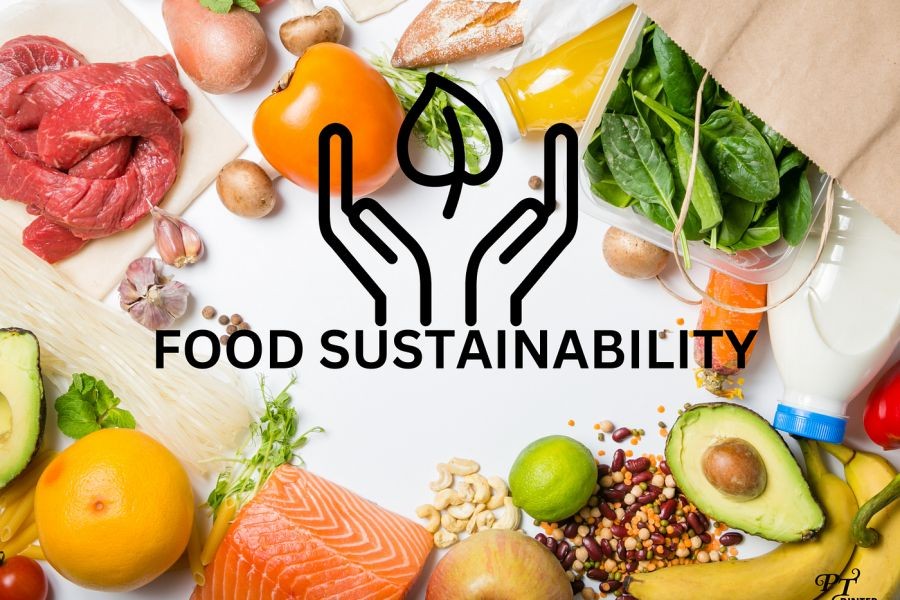As a nation renowned for its breathtaking landscapes and vibrant culture, New Zealand's economy is intricately linked to global trade. While the picturesque scenery and unique wildlife draw millions of tourists annually, the country's economic backbone rests significantly on its ability to engage in worldwide commerce. However, the question arises: How much should New Zealand depend on global trade for its economic success? This inquiry is not only relevant for policymakers but also for travel experts who understand the nuanced relationship between tourism, trade, and national prosperity.
The Role of Global Trade in New Zealand's Economy
New Zealand's economic framework is heavily reliant on international trade, with exports contributing to around 30% of the GDP, according to Stats NZ. The country's primary export sectors include agriculture, horticulture, and forestry, with dairy products alone accounting for a significant portion of national export revenue. These industries not only fuel the economy but also attract global visitors eager to experience New Zealand's natural bounty firsthand.
Pros of Dependence on Global Trade
- Economic Growth and Job Creation: Engaging in global trade opens up vast markets for New Zealand's products, driving economic growth and creating employment opportunities. The Ministry of Business, Innovation and Employment (MBIE) reports that trade-related jobs are among the fastest-growing sectors in the country.
- Access to Diverse Markets: Through trade agreements and partnerships, New Zealand businesses gain access to diverse markets, allowing them to expand and innovate. This diversification is crucial for mitigating risks associated with reliance on a single market.
- Competitive Advantage: New Zealand's commitment to high-quality standards and sustainable practices gives it a competitive edge in international markets, particularly in sectors like organic produce and eco-tourism.
Cons of Dependence on Global Trade
- Vulnerability to Global Market Fluctuations: The reliance on exports makes New Zealand susceptible to global economic shifts. The COVID-19 pandemic underscored this vulnerability, as disruptions in supply chains and reduced demand impacted export revenues.
- Environmental Concerns: Increased trade activity can lead to environmental degradation if not managed sustainably. The pressure to meet international demand might compromise New Zealand's commitment to preserving its natural resources.
- Dependency Risks: Over-reliance on a few major trading partners can lead to economic instability if diplomatic or economic tensions arise. Diversification is essential to safeguard against such risks.
Case Study: The Dairy Industry
Problem: The dairy industry in New Zealand, a cornerstone of its export economy, faced challenges due to fluctuating global milk prices. Over-reliance on a few international markets made the industry vulnerable to economic downturns and competitive pressures.
Action: To address these challenges, the industry invested in diversifying its markets and enhancing product innovation. By focusing on value-added products like organic and specialty cheeses, the sector aimed to capture niche markets and reduce dependency on bulk milk powder exports.
Result: The sector experienced a 20% increase in revenue from value-added products within two years, according to DairyNZ. This shift not only stabilized the industry's income but also enhanced its resilience against global market fluctuations.
Takeaway: Diversification and innovation are key strategies for industries heavily reliant on global trade. By exploring niche markets and adding value to products, New Zealand's dairy industry demonstrated how to reduce dependency risks and enhance economic stability.
Debate: Should New Zealand Shift Towards Self-Sufficiency?
While global trade has its benefits, there is an ongoing debate about whether New Zealand should shift towards more self-sufficiency. Advocates argue that reducing dependency on international markets can increase economic resilience and sustainability. However, critics caution that self-sufficiency may lead to inefficiencies and limit economic growth.
Advocate Perspective
Proponents of self-sufficiency highlight that local production can reduce carbon footprints and bolster national security. By supporting local industries, New Zealand can ensure that essential goods are available even during global supply chain disruptions.
Critic Perspective
Opponents argue that self-sufficiency might lead to higher costs for consumers and reduced competitiveness. In a globalized world, isolation can hinder innovation and limit access to advanced technologies and resources.
Middle Ground: A balanced approach that combines local production with strategic trade partnerships could provide the best of both worlds, ensuring economic stability while fostering global competitiveness.
Common Myths & Mistakes
- Myth: "Global trade always leads to environmental harm." Reality: While trade can impact the environment, sustainable practices and technologies can mitigate these effects. New Zealand's commitment to clean energy and sustainable agriculture exemplifies how trade and environmental stewardship can coexist.
- Myth: "Local markets can fully replace global trade." Reality: Local markets are essential but cannot match the scale and diversity offered by global trade. A blend of local and international commerce is necessary for economic vitality.
- Myth: "Global trade only benefits large corporations." Reality: Small and medium-sized enterprises (SMEs) in New Zealand also benefit from trade by accessing larger markets and fostering innovation through competition.
Biggest Mistakes to Avoid
- Ignoring Market Trends: Businesses must stay informed about global market trends to adapt strategies accordingly. Relying on outdated practices can lead to missed opportunities and economic losses.
- Over-Reliance on Single Markets: Diversification is crucial. Depending too heavily on one market exposes businesses to significant risks if that market faces downturns.
- Neglecting Sustainability: Failing to integrate sustainable practices can lead to environmental degradation and damage to a company's reputation, ultimately impacting profitability.
Future Trends & Predictions
The future of global trade in New Zealand is poised for transformation. According to a recent Deloitte report, digital trade is expected to grow by 30% over the next five years, driven by advancements in technology and e-commerce. This shift will likely create new opportunities for Kiwi businesses, particularly in the tech and service sectors.
Moreover, New Zealand's focus on sustainability will play a pivotal role in shaping its trade policies. With increasing global attention on climate change, the country's commitment to green trade practices positions it as a leader in eco-friendly commerce.
Conclusion
New Zealand's dependence on global trade is a double-edged sword. While it provides economic growth and access to diverse markets, it also poses risks of vulnerability and environmental impact. By embracing a balanced approach that combines local production with strategic global partnerships, New Zealand can enhance its economic resilience and sustainability.
As the global trade landscape evolves, staying informed and adaptable will be key for businesses and policymakers alike. The future holds immense potential for those willing to innovate and embrace sustainable practices. What are your thoughts on New Zealand's trade strategy? Share your insights below!
People Also Ask (FAQ)
- How does global trade impact businesses in New Zealand? Global trade offers NZ businesses access to larger markets, boosting revenue and innovation. However, it also exposes them to international market fluctuations.
- What are the biggest misconceptions about New Zealand's trade dependency? A common myth is that it only benefits large corporations. In reality, SMEs also thrive by accessing wider markets and fostering innovation.
- What are the best strategies for implementing global trade in New Zealand? Experts recommend diversifying markets, focusing on value-added products, and integrating sustainable practices to maximize trade benefits.
Related Search Queries
- New Zealand trade economy
- Impact of global trade on NZ industries
- Sustainable trade practices in New Zealand
- NZ trade agreements and policies
- Future of global trade in New Zealand
- Economic impact of tourism in New Zealand
- New Zealand export industries
- Challenges of global trade for NZ
- Local vs. global trade benefits
- Digital trade trends in New Zealand































JungDaws6
27 days ago